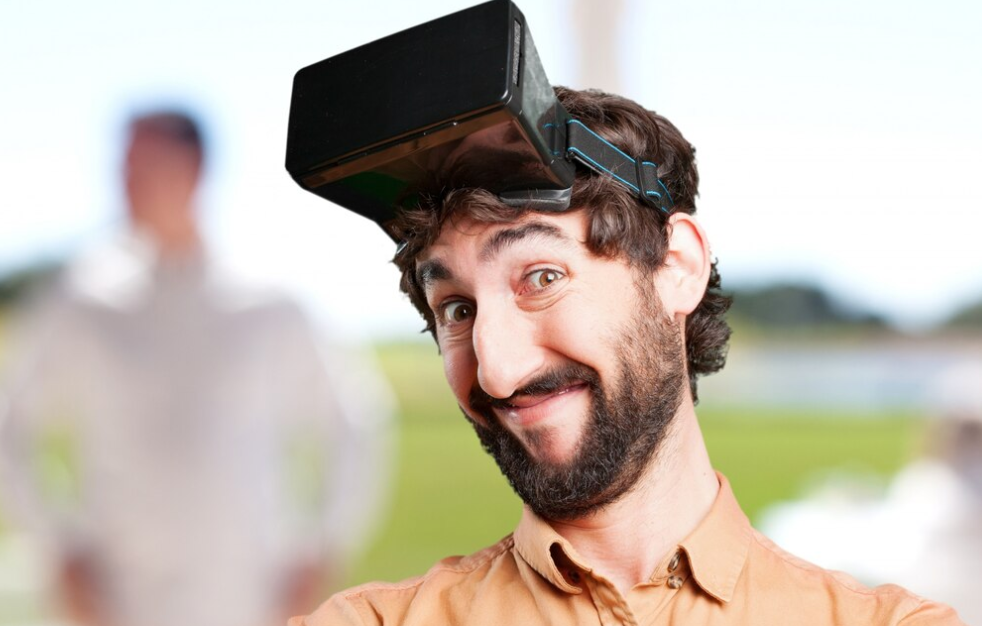For thousands of years, sleep has been a biological constant — a mysterious state essential for memory, healing, and mental clarity. But in a world driven by productivity and accelerated by technology, scientists are beginning to ask a provocative question: What if we could hack sleep itself?
With the rise of neurotechnology, this once-unimaginable concept is rapidly becoming plausible. Could we reprogram rest, reduce our need for sleep, or even eliminate it altogether?
Why We Sleep: More Than Just Rest
Sleep isn’t just “time off.” It’s a highly active process involving brainwave shifts, hormonal cycles, memory consolidation, and cellular repair. The average person spends nearly a third of their life sleeping, making it both essential and — to some — frustratingly inefficient.
In today’s high-speed, always-on society, the idea of reclaiming even a few hours of sleep each night is enormously appealing. But can technology truly replace or optimize what evolution has fine-tuned over millennia?
Neurotech Enters the Dream
Advancements in neurotechnology are opening new doors to understanding and manipulating sleep in ways we never imagined:
🔹 Brainwave Stimulation
Devices using transcranial direct current stimulation (tDCS) or transcranial magnetic stimulation (TMS) can enhance specific brainwave frequencies to induce deeper sleep faster, or simulate rest-like states.
🔹 Sleep Substitution
Some experimental research explores the use of ultrashort naps combined with neurofeedback and stimulant regulation to maintain alertness with minimal sleep.
🔹 Dream Engineering
Technologies like Targeted Memory Reactivation (TMR) aim to influence dreams, improve memory consolidation, or even treat nightmares through controlled auditory or sensory cues during sleep.
🔹 Smart Sleep Tech
Wearables and smart headbands now track sleep cycles in real time and use sound or light to optimize wake-up times, or guide users into more restorative stages of rest.
The Promise: Less Sleep, More Life?
If neurotech could safely reduce sleep requirements without negative consequences, the potential benefits are enormous:
- More productive hours per day
- Fewer sleep disorders through personalized brain feedback
- Enhanced cognitive function without fatigue
- Controlled dreaming for emotional processing and creativity
- Military and medical applications where alertness is critical
It’s a dream scenario — quite literally — for a hyperconnected generation.
But… At What Cost?
Messing with sleep comes with serious caveats. Sleep is deeply tied to mental health, immune function, and emotional regulation. Reducing it artificially may have unseen long-term consequences. Potential risks include:
- Neurological burnout
- Mood instability and anxiety
- Disrupted circadian rhythms
- Dependence on neurotech devices for rest
- Loss of dreaming, which may affect memory and creativity
Sleep isn’t just about physical restoration — it’s a profound psychological and emotional process. Shortcutting it might mean losing parts of what makes us human.
The Future: Augmenting, Not Eliminating
Rather than eliminating sleep, many researchers now believe the goal should be optimization, not eradication. Neurotech could help:
- Improve sleep quality over quantity
- Aid people with insomnia, PTSD, or depression
- Offer personalized sleep cycles based on genetics or lifestyle
- Unlock new tools for lucid dreaming, learning, or therapeutic experiences
In this vision, we wouldn’t lose sleep — we’d evolve it.
Final Thoughts
The question isn’t just whether we can end sleep, but whether we should. As neurotechnology marches forward, we must weigh the time gained against the depth lost. Sleep is more than a biological function — it’s a frontier of mystery, healing, and self-discovery.


